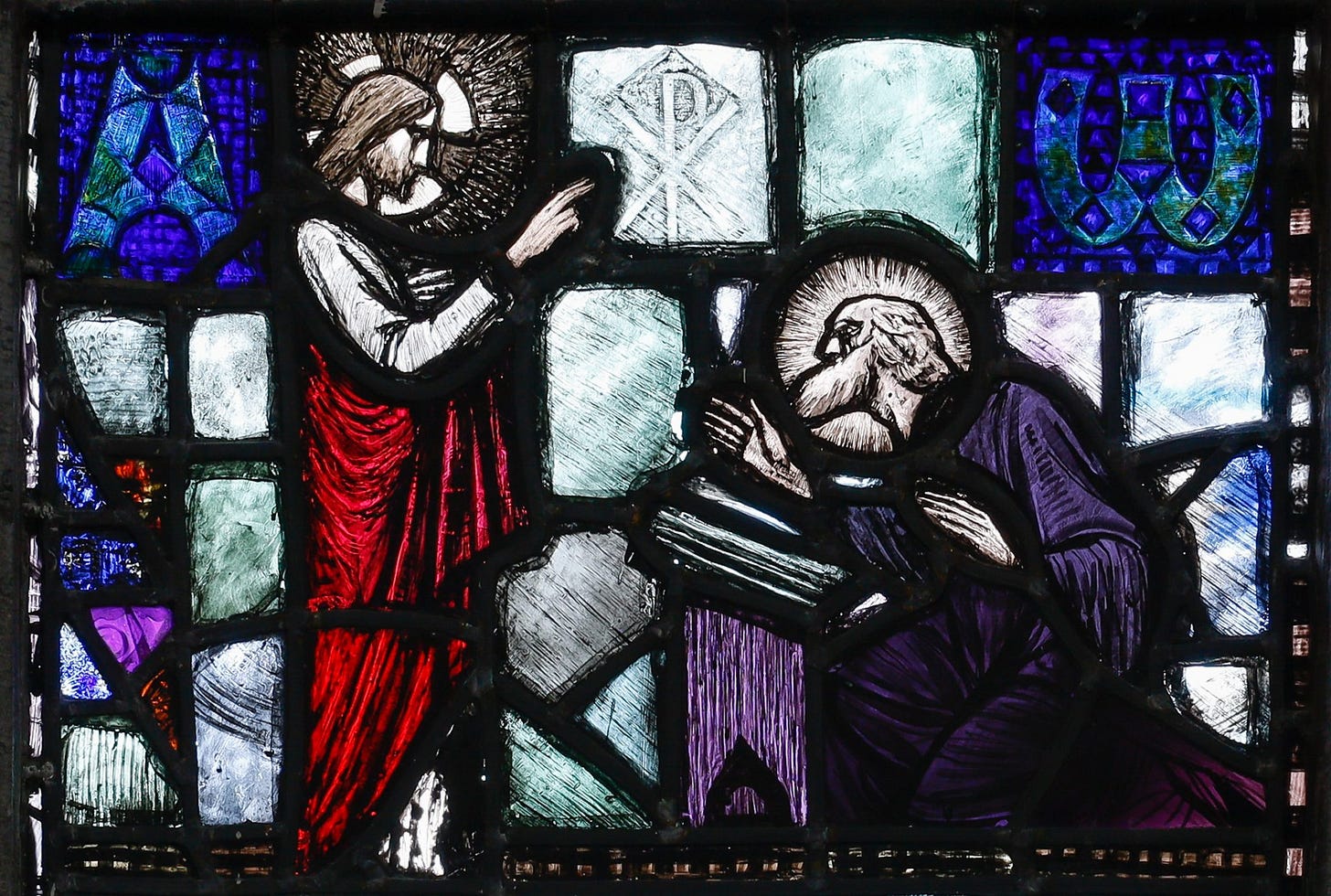Introduction
I found myself wondering about Cardijn’s image of Jesus. A quick search of his book Laypeople into Action produced a number of references to Jesus and this one struck me as being particularly significant in the context of this Gospel Enquiry:
The actions of the young workers should be thought of as the personal acts of a son of God and a brother of Jesus Christ, through body and spirit, for the service of God and the human community.
The secular character of European society was met by the foundation of the Young Christian Workers Movement, which celebrates its centenary in 2025. Yet secularism was a dominant force in the time of Jesus and it still holds sway in the 21st century.
One does not have to be religious to be a good person. Secular governments around the world put in place policies and procedures designed to protect the poor and the vulnerable. Good as they might be, they baulk at endorsing and embracing the principle of the preferential option for the poor.
Yet this is what Cardijn’s young workers did and what they continue to do today, without fanfare. This Gospel Enquiry is offered as an acknowledgement of the good that is done by Young Christian Workers and as a prayer for their continued commitment to beiing God’s hands and feet in caring for the poor.
The Gospel
Herod the tetrarch had heard about all that was being done by Jesus; and he was puzzled, because some people were saying that John had risen from the dead, others that Elijah had reappeared, still others that one of the ancient prophets had come back to life. But Herod said, ‘John? I beheaded him. So who is this I hear such reports about?’ And he was anxious to see Jesus. (Luke 9:7-9)
The Enquiry
See
What do you learn about Herod from this passage? Is he a man of faith? Or is he someone who is obsessed with his own power?
Why do people prefer to hold conspiracy theories rather than accepting Jesus as the Messiah?
What is revealed in this passage about the consequences of neglecting to develop a relationship with Jesus?
Judge
What do you think about the place of Jesus in Jewish society? Can you draw parallels between people’s perceptions of Jesus then and now?
Who is Jesus to you? How close to the ideal is the image of Jesus presented in this passage?
What is there in this passage that you find affirming? That challenges your faith? Does Jesus die on the cross because people don’t understand who he is? Or does he die because people reject God?
Act
What do you want to change in yourself and in the world to bring about a greater commitment to discipleship?
What small action can you carry out that will contribute to the change you want to see?
Who can you involve in your action, when, where and how often?
Image Source: Andreas F. Borchert (Creator), ‘I Am’: The First and the Last, Greater Grace World Outreach, CC BY-SA 3.0 DE
Worth reading: Cardijn, J. (1964). Laypeople into Action. Originally published in French in 1963, this is the only book written by Cardinal Joseph Cardijn. The book was translated into English by Anne Heggie and published in 1964 as Laymen into Action. Almost 60 years later, ATF Press released an imprint of this classic. You may order a copy here. Cardijn’s words quoted in the Introduction were taken from Chapter 10: “The Formation of Laypeople for Their Apostolate.”


